Conclavoscope - Cardinal Francisco Robles Ortega
Cardinal Profile and Assessment
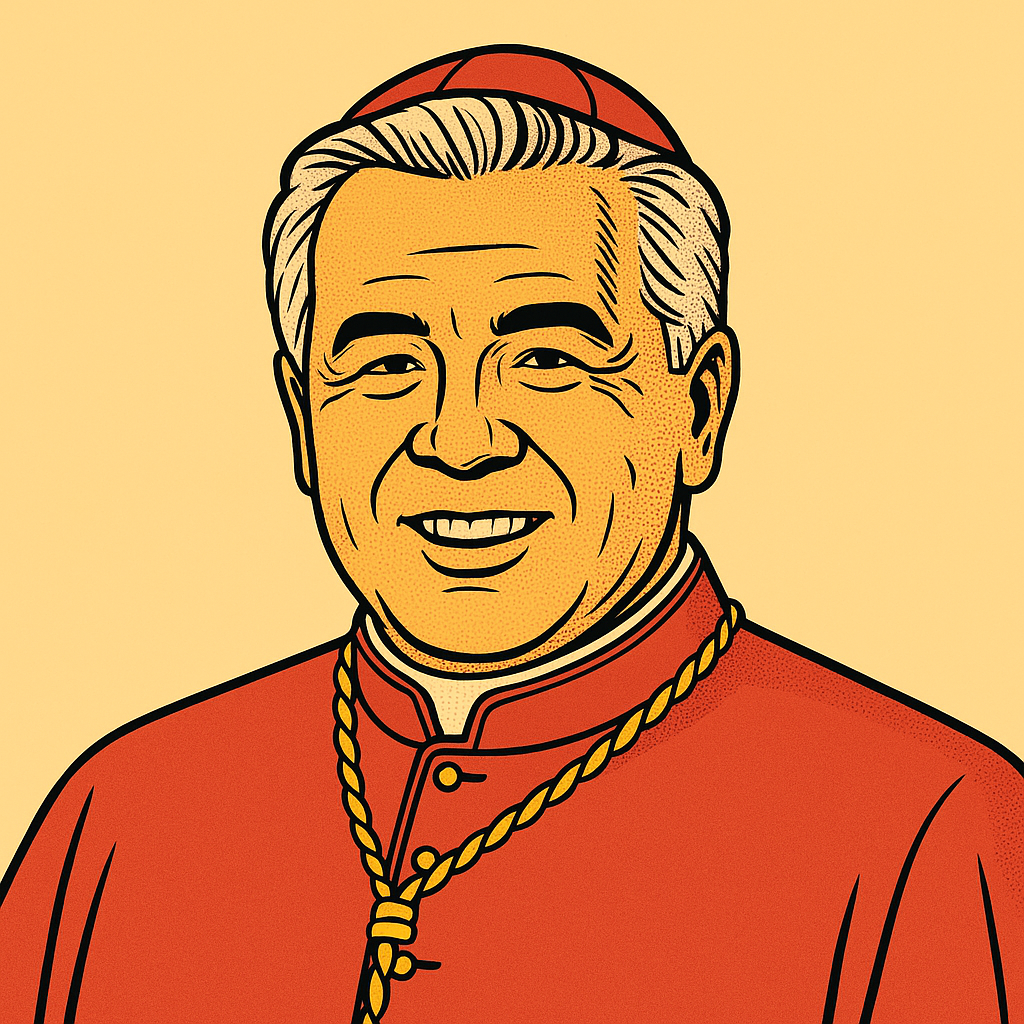
Mexican cardinal, Archbishop of Guadalajara, known for his conservative doctrinal positions and balanced pastoral leadership in a context of popular faith.
| Criterion | Tendency |
|---|---|
| Moral doctrine | Very conservative |
| Liturgy | Conservative |
| Sociopolitical | Very progressive |
| Relationship with Pope Francis | Progressive |
| Dialogue | Very progressive |
| Communication | Very progressive |
| Overall tendency | Centrist |
Cardinal Robles Ortega is a staunch defender of traditional Catholic moral teachings. He has consistently opposed abortion and relativism, emphasizing the importance of moral values in education and society. His leadership reflects a commitment to upholding the Church's moral doctrine.
Cardinal Robles Ortega demonstrates a deep respect for liturgical tradition and ecclesiastical discipline. His academic background in dogmatic theology and pastoral experience reflect a commitment to preserving the integrity of liturgical practices within the Church.
Cardinal Robles Ortega demonstrates a strong commitment to social justice, particularly in serving the poor and marginalized. He has actively engaged in issues related to poverty, corruption, and social inclusion, aligning with progressive sociopolitical engagement.
Cardinal Robles Ortega has maintained a collaborative relationship with Pope Francis, notably serving in various capacities within the Church. His appointments reflect the trust placed in him by the Holy See.
With extensive pastoral experience, Cardinal Robles Ortega has emphasized the importance of interreligious dialogue, particularly in promoting peace and mutual understanding among different faith traditions.
Known for his effective communication and pastoral sensitivity, Cardinal Robles Ortega emphasizes the need for the Church to engage with modern culture and technology. He advocates for a Church that listens and speaks in ways that resonate with contemporary society.
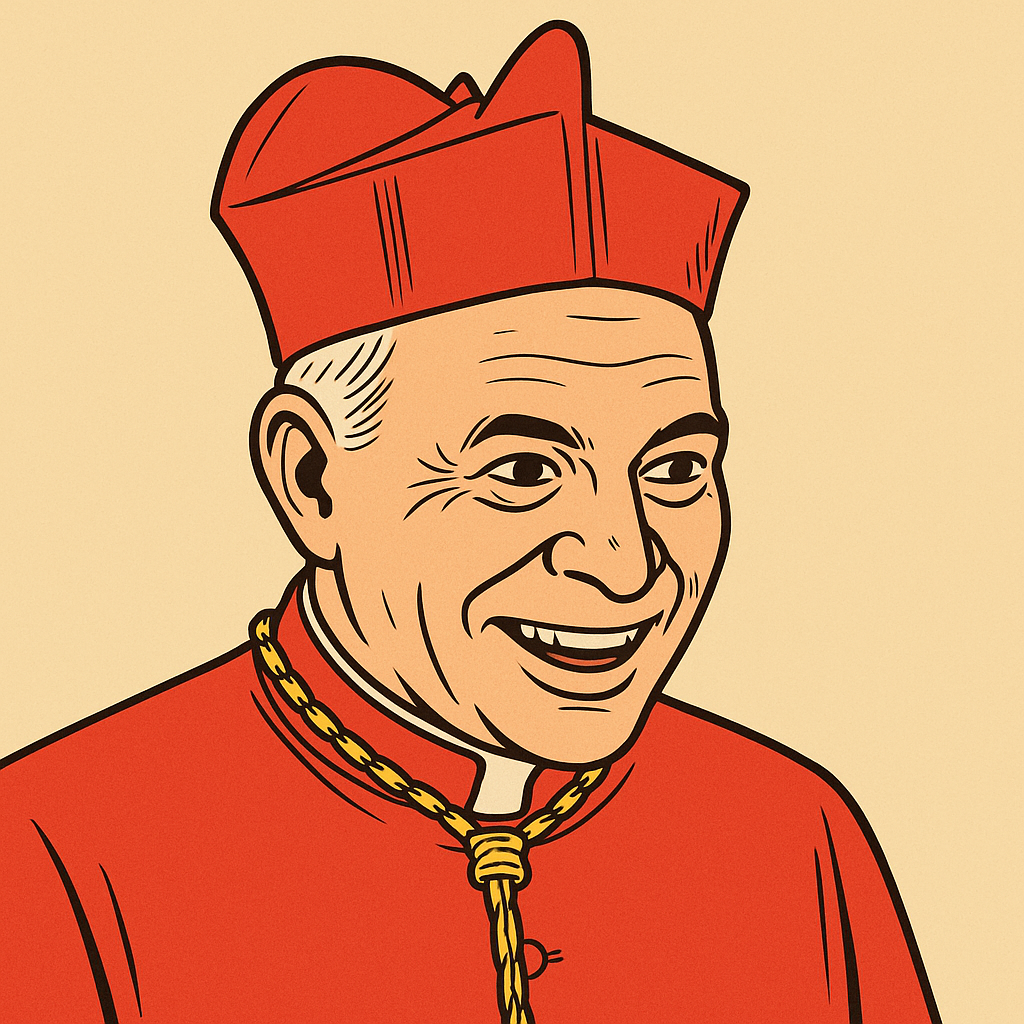
Mexican cardinal, Archbishop of Mexico City, known for his moderate pastoral approach and search for balance between tradition and renewal.
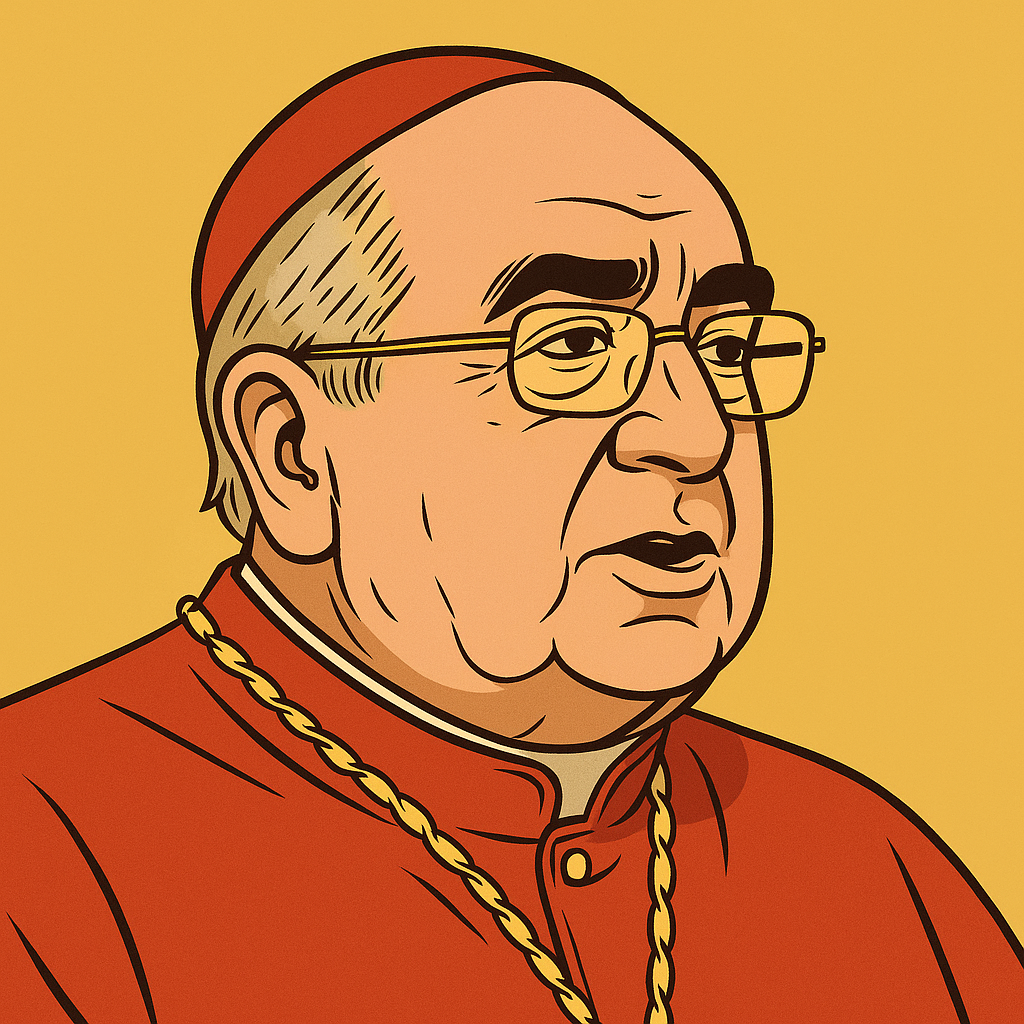
Poland
Polish cardinal, Archpriest of the Basilica of Saint Mary Major, known for his conservative positions and experience in lay ministry, in the tradition of John Paul II.
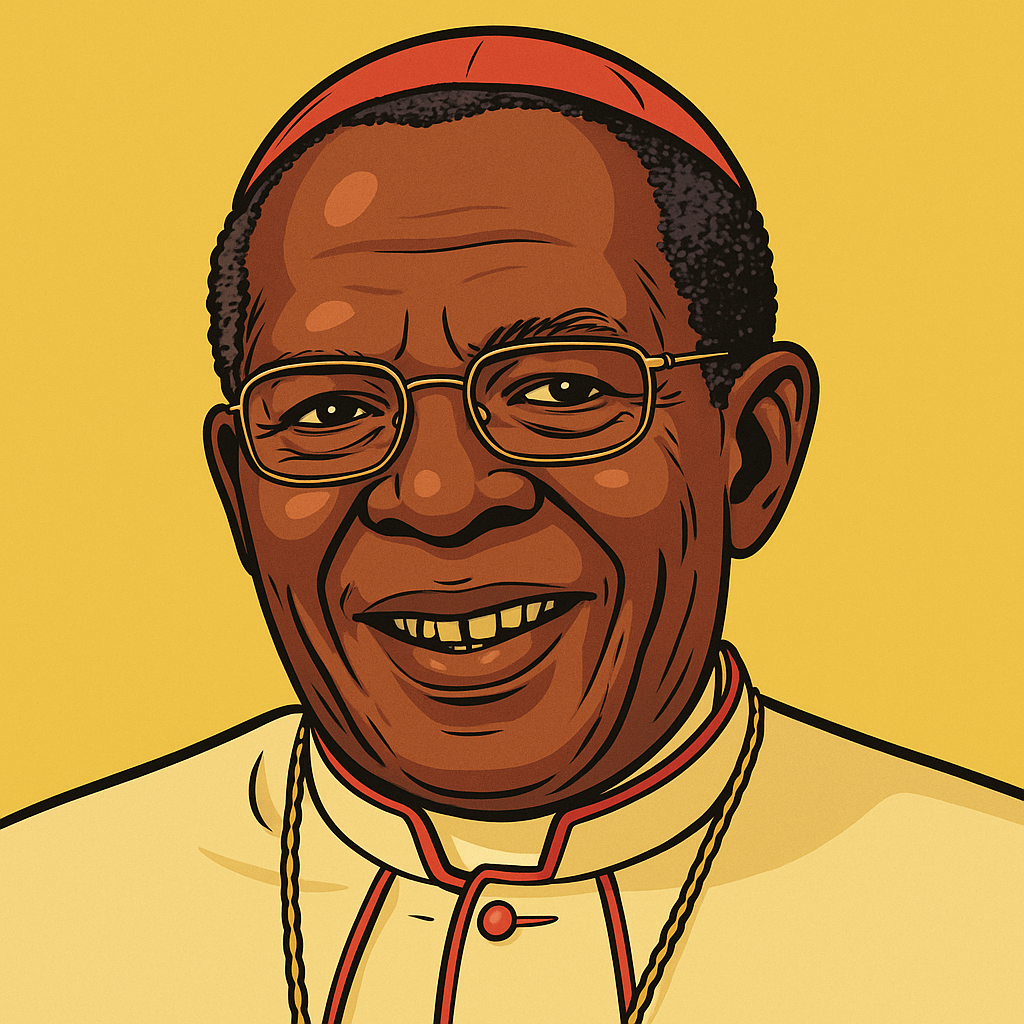
Kenya
Kenyan cardinal, Archbishop Emeritus of Nairobi, known for his conservative positions on moral issues and his leadership in the growing African Church.
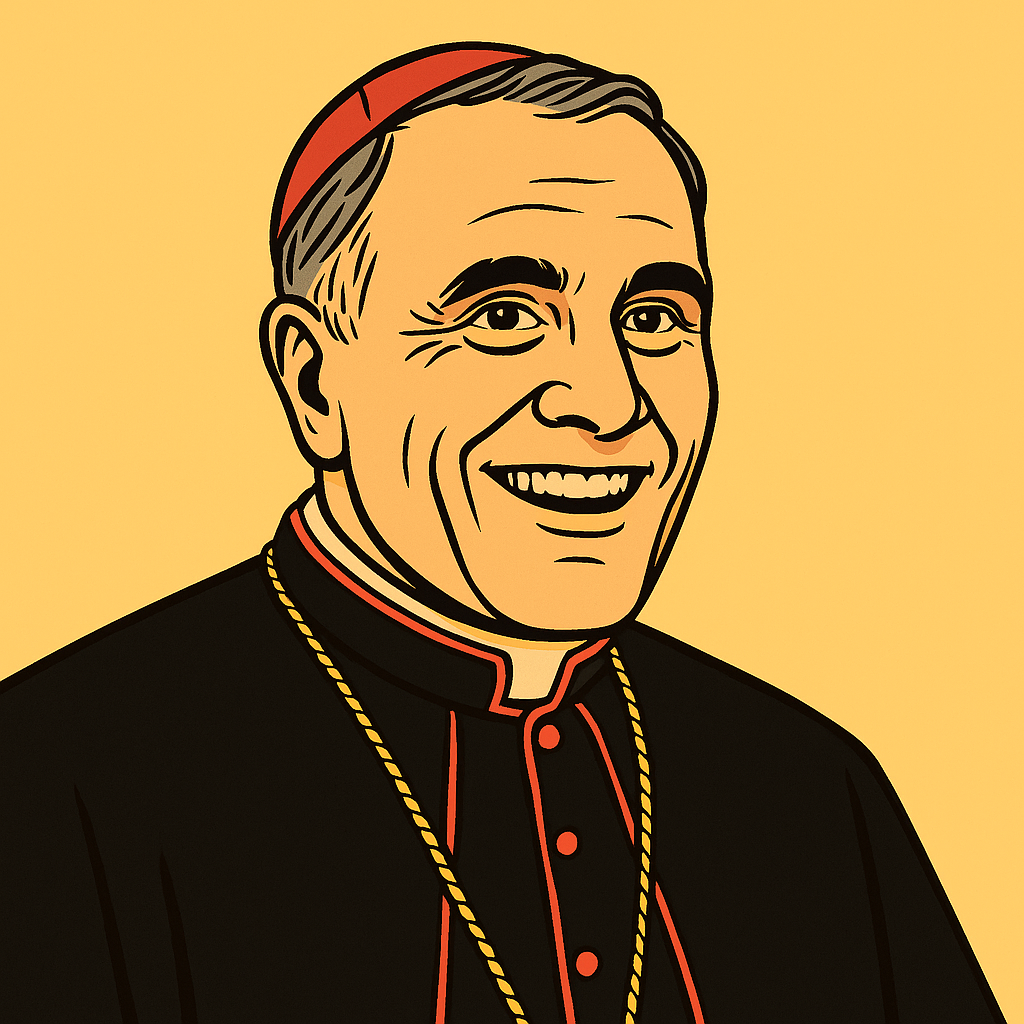
United States
American cardinal, known for his conservative positions on doctrine and liturgy, while seeking unity in a divided ecclesial context.
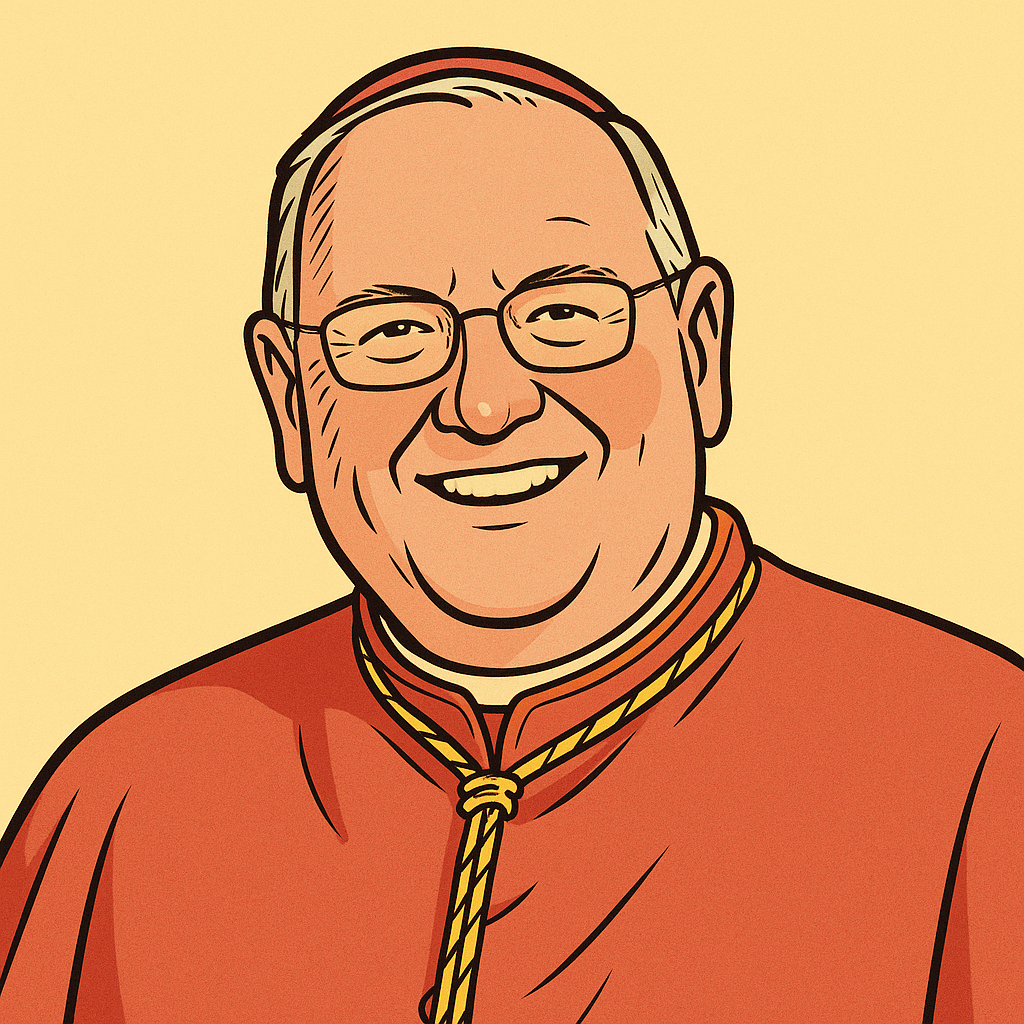
United States
age: 76
American cardinal, Archbishop of New York, known for his media charisma and balanced leadership, combining social commitment and defense of Catholic tradition and moral values.
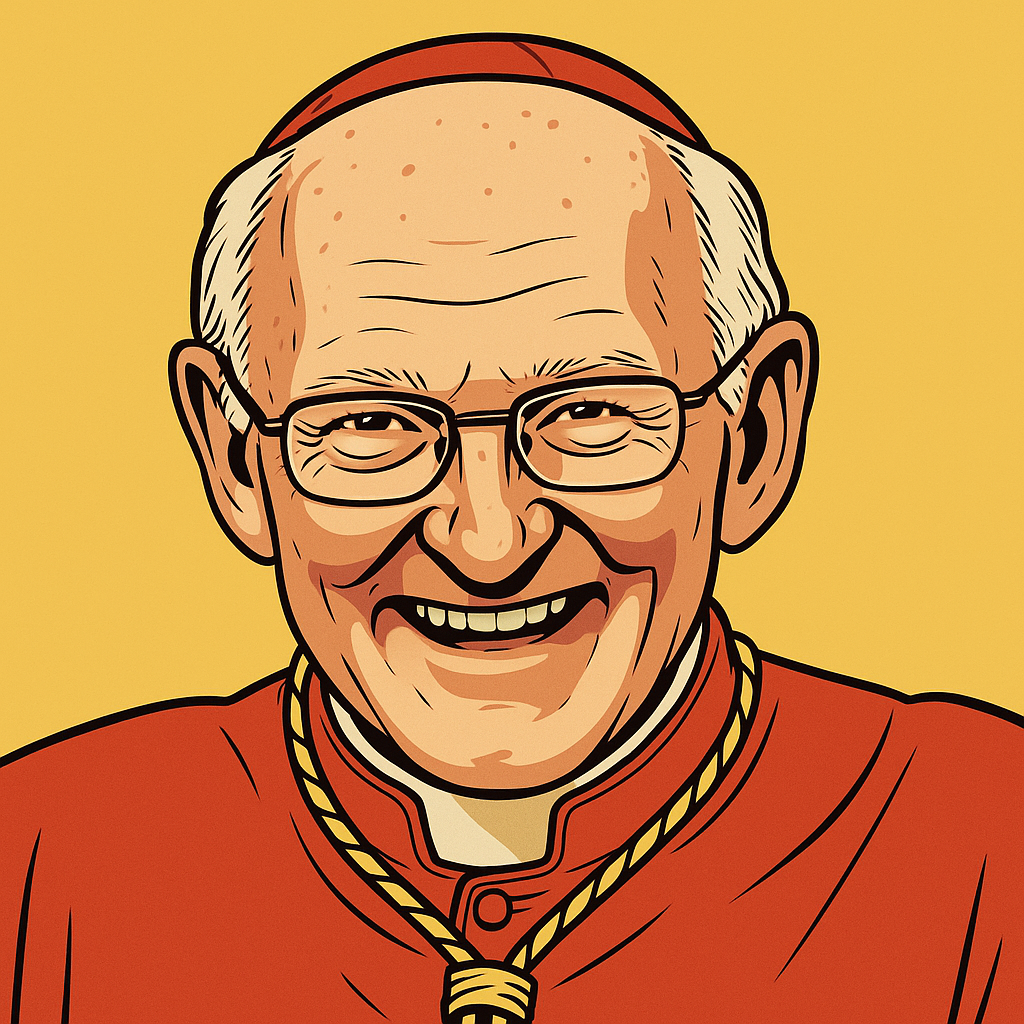
United States
age: 76
American cardinal, Archpriest of the Basilica of Saint Paul Outside the Walls, former Prefect of the Papal Household, known for his conservative positions and administrative experience at the Vatican.
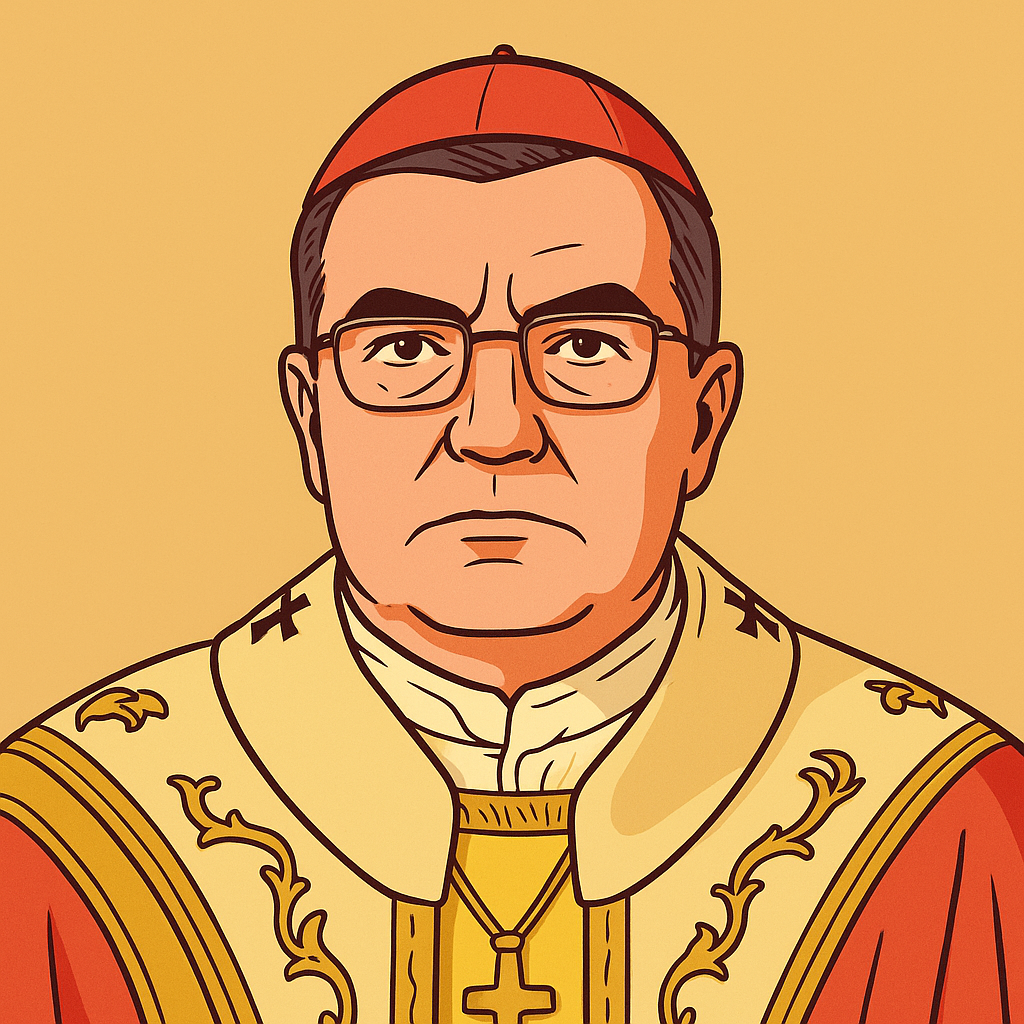
Croatia
age: 76
Croatian cardinal, Archbishop of Zagreb, known for his conservative positions on moral issues and his commitment to traditional values in a post-communist context.
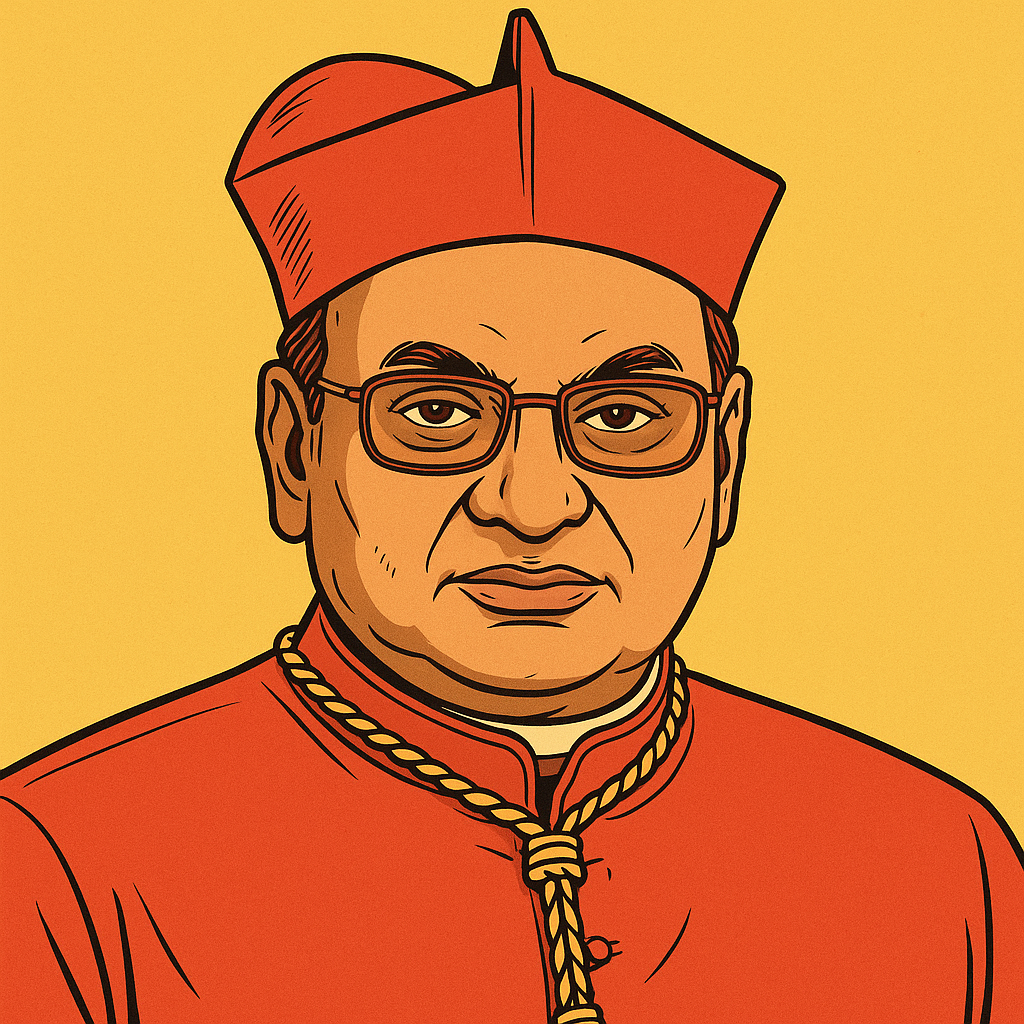
Sri Lanka
Sri Lankan cardinal with strong traditionalist positions, known for his attachment to traditional liturgy and defense of Catholic doctrine.

Germany
German cardinal, former prefect of the Congregation for the Doctrine of the Faith, known for his very conservative positions and vigorous defense of traditional doctrine.

Poland
Polish cardinal, Archpriest of the Basilica of Saint Mary Major, known for his conservative positions and experience in lay ministry, in the tradition of John Paul II.

Germany
German cardinal, former prefect of the Congregation for the Doctrine of the Faith, known for his very conservative positions and vigorous defense of traditional doctrine.

Poland
Polish cardinal, Archpriest of the Basilica of Saint Mary Major, known for his conservative positions and experience in lay ministry, in the tradition of John Paul II.
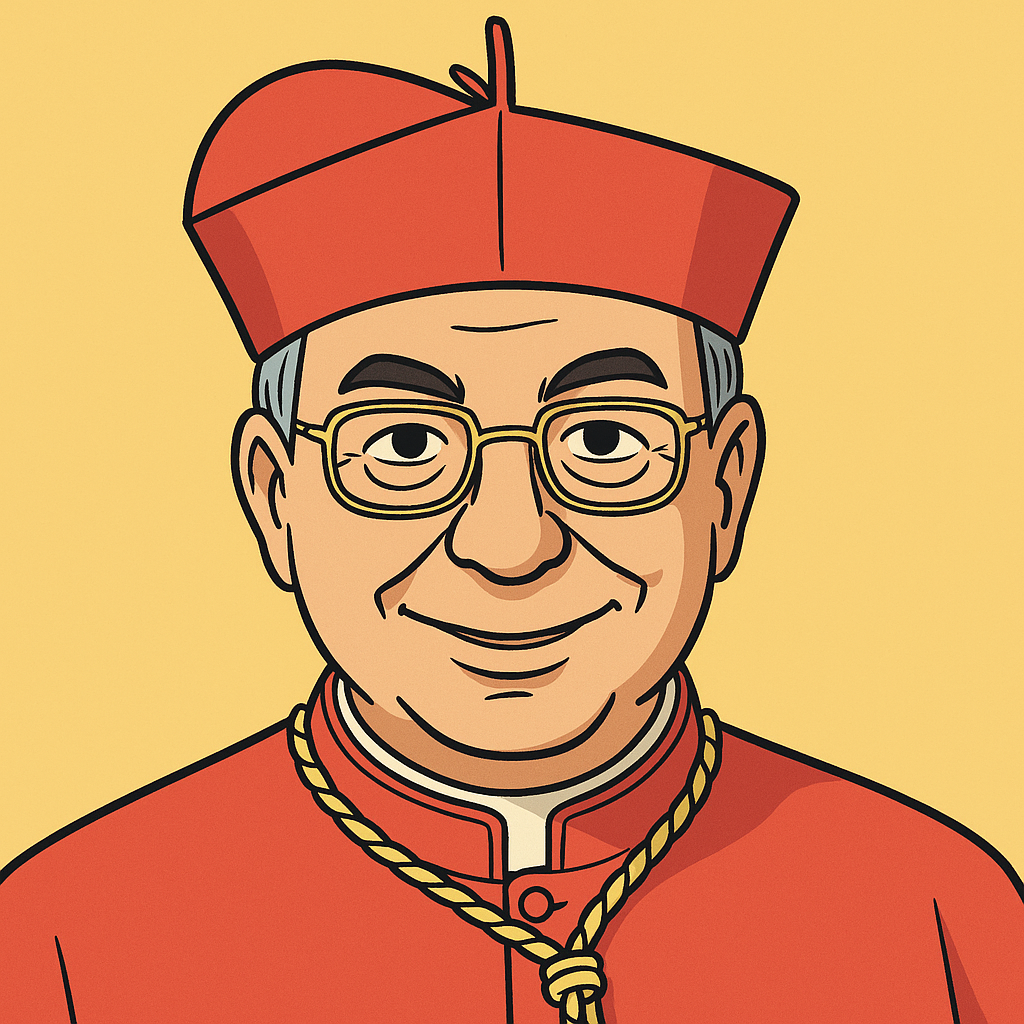
France
French cardinal, Prefect of the Supreme Tribunal of the Apostolic Signatura, known for his legal expertise and traditional doctrinal positions.
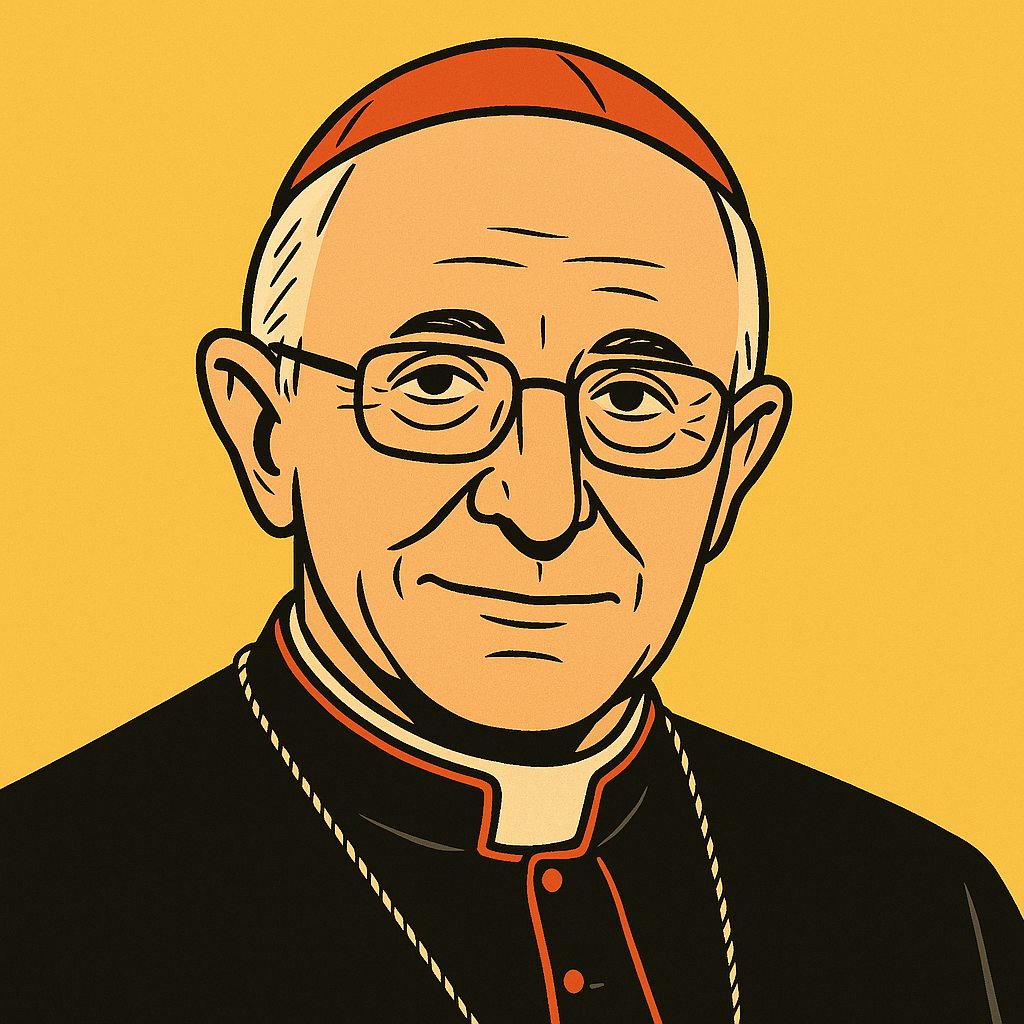
Italy
Italian cardinal, Grand Master of the Order of the Holy Sepulchre, former prefect of the Congregation for the Evangelization of Peoples, known for his missionary and diplomatic experience.

United States
American cardinal, known for his conservative positions on doctrine and liturgy, while seeking unity in a divided ecclesial context.
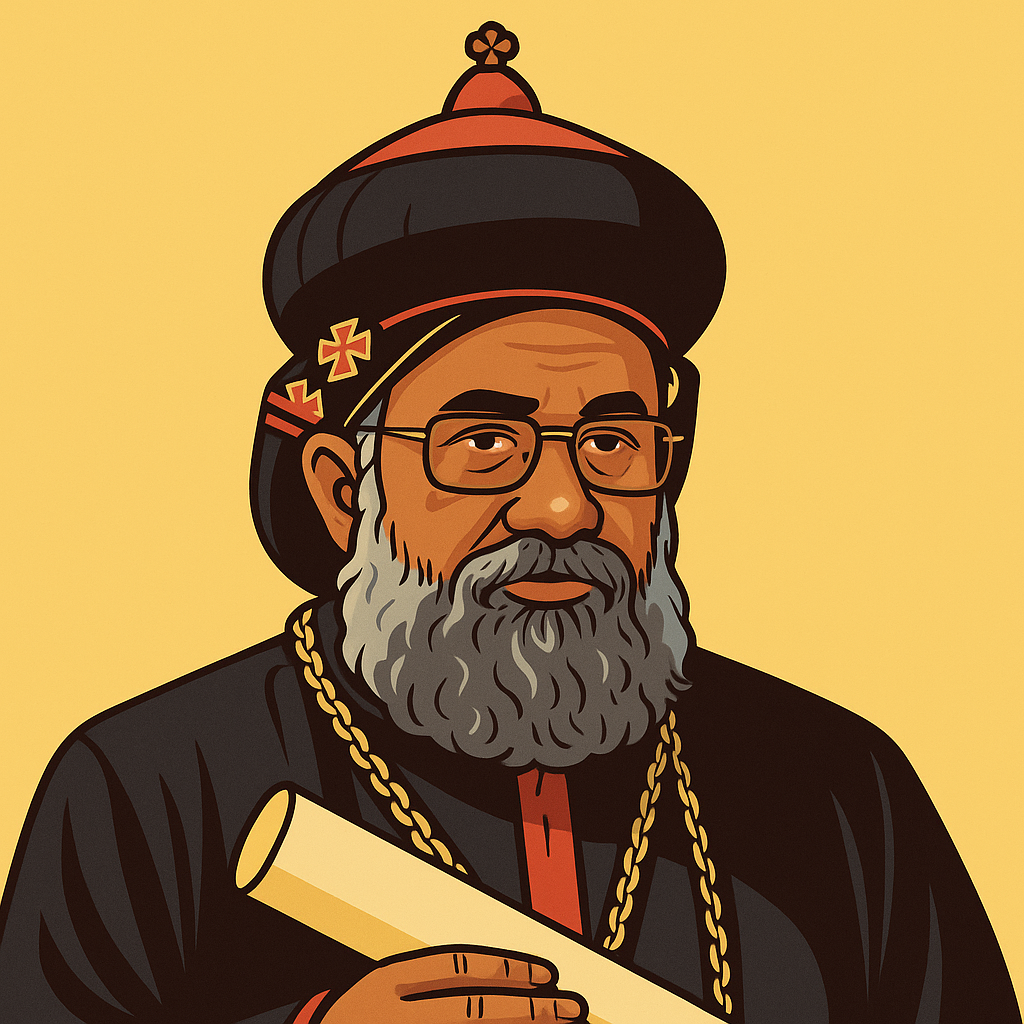
India
Indian cardinal of Syro-Malankara rite, known for his attachment to the Eastern traditions of the Church and his defense of traditional moral doctrine.
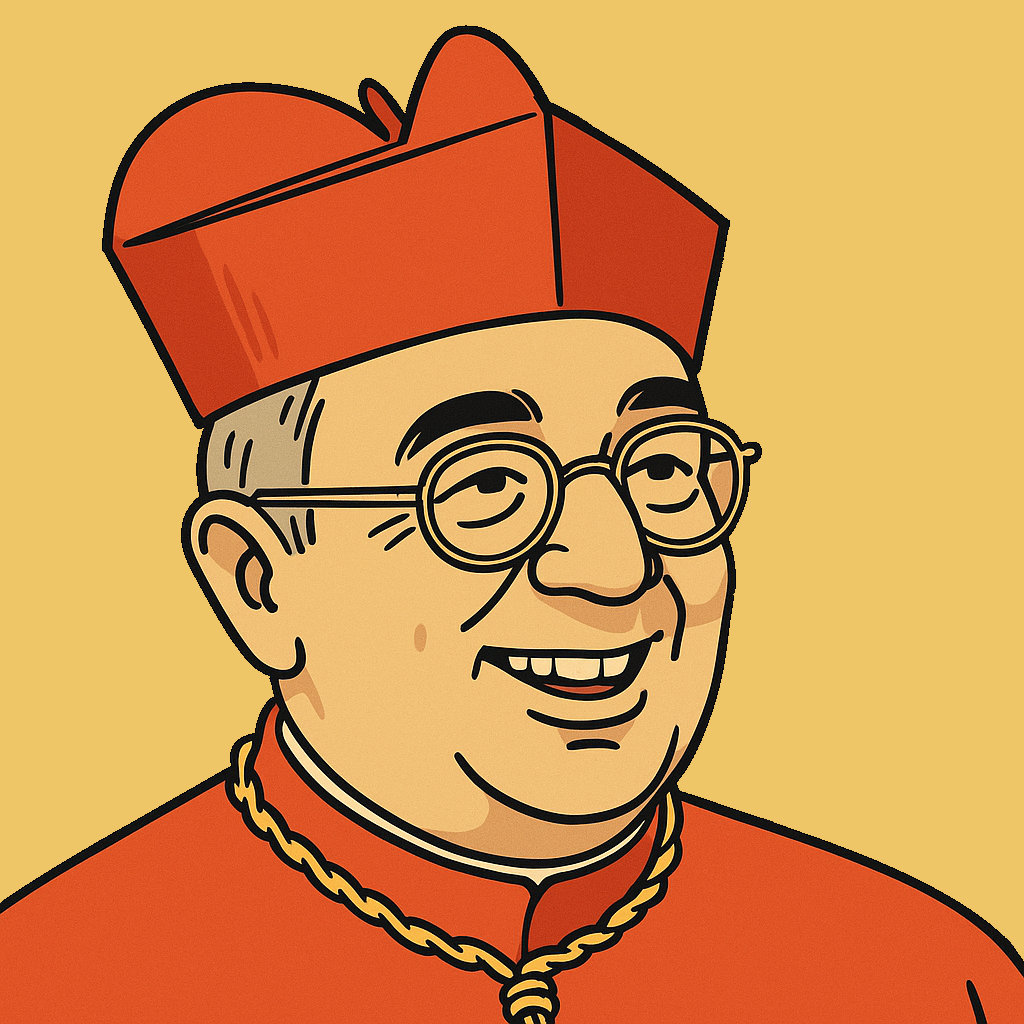
Italy
Italian cardinal, former vicar general of the pope for the diocese of Rome, known for his balance between liturgical tradition and moderate pastoral openness.
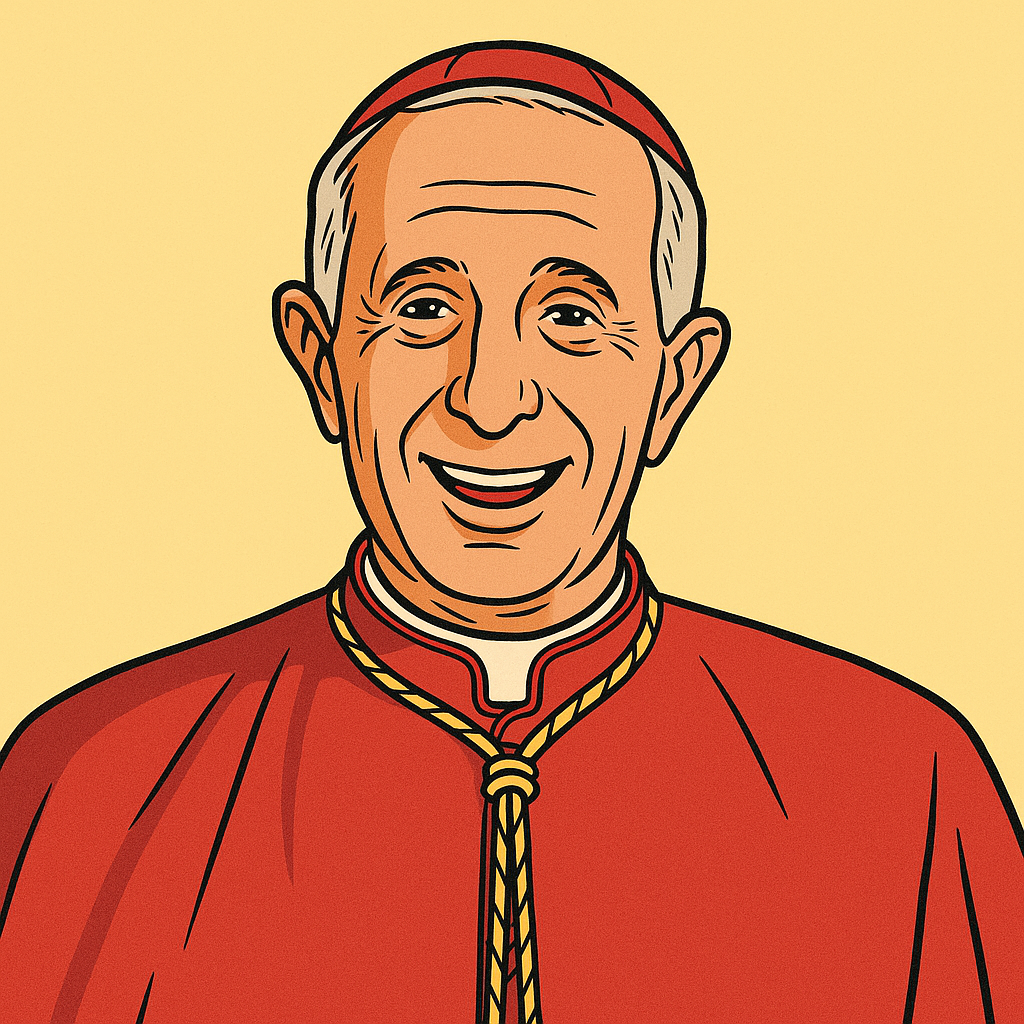
Argentina
Argentine cardinal, Archbishop Emeritus of Buenos Aires, successor of Pope Francis in this diocese, known for his discreet profile and balanced administration between tradition and renewal.
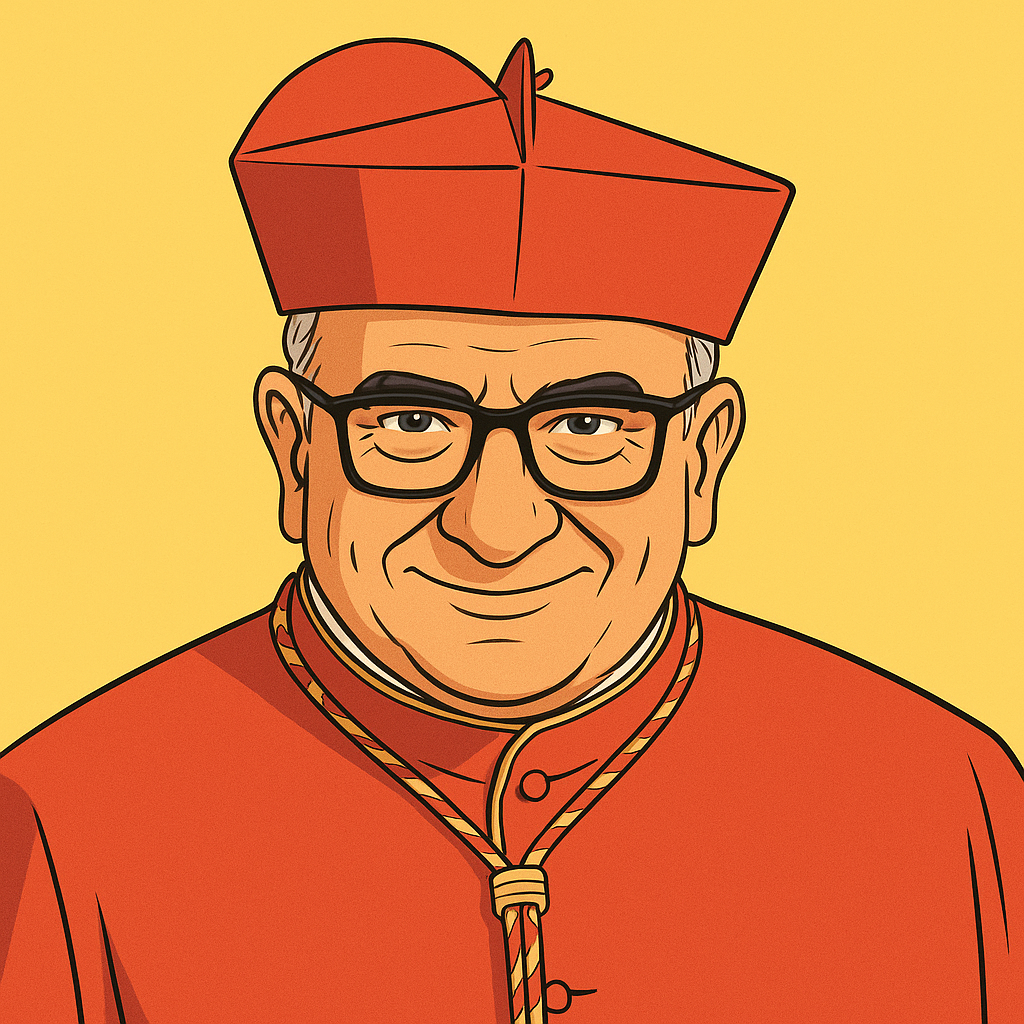
Chile
Chilean cardinal, Archbishop of Concepción, known for his conservative doctrinal positions and commitment to rebuilding trust after abuse scandals.
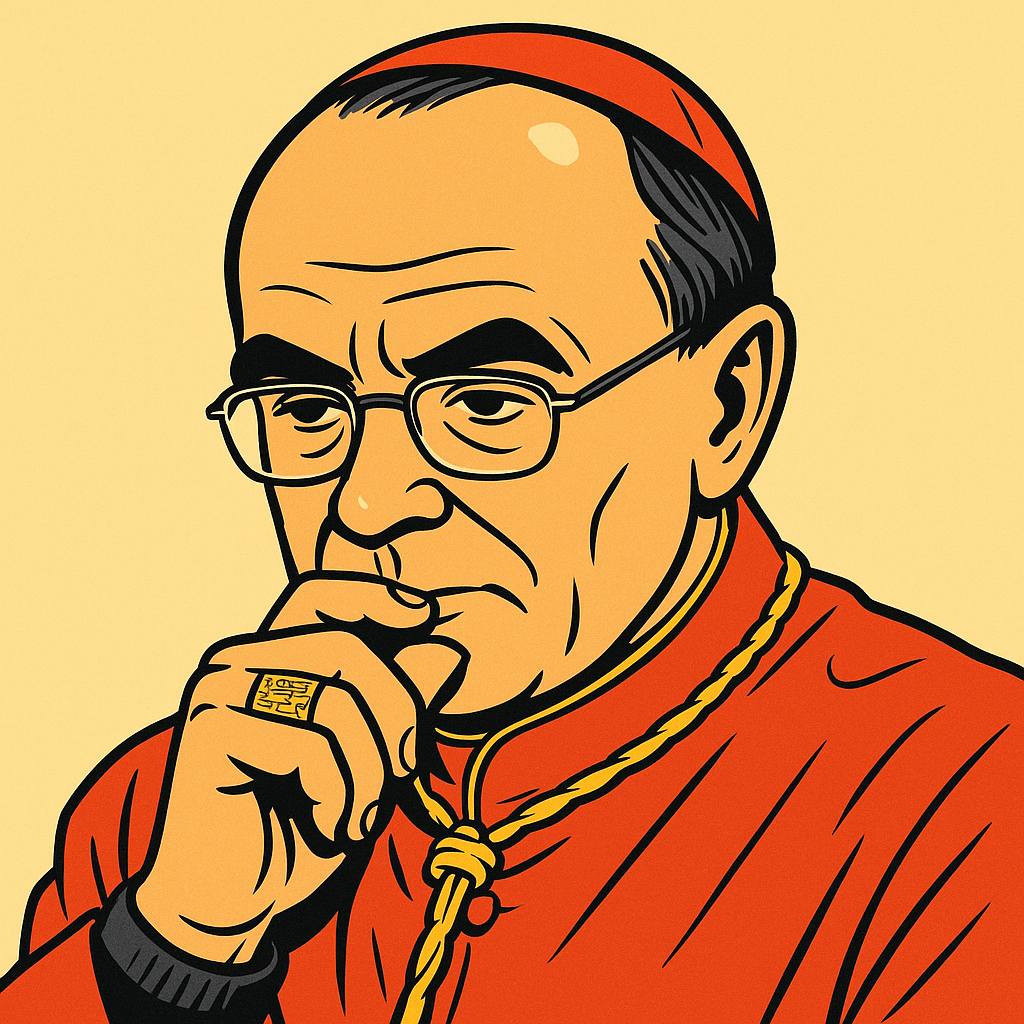
France
French cardinal, Archbishop Emeritus of Lyon, known for his missionary dynamism but whose career has been marked by controversy over the handling of sexual abuse in his diocese.

Kenya
Kenyan cardinal, Archbishop Emeritus of Nairobi, known for his conservative positions on moral issues and his leadership in the growing African Church.
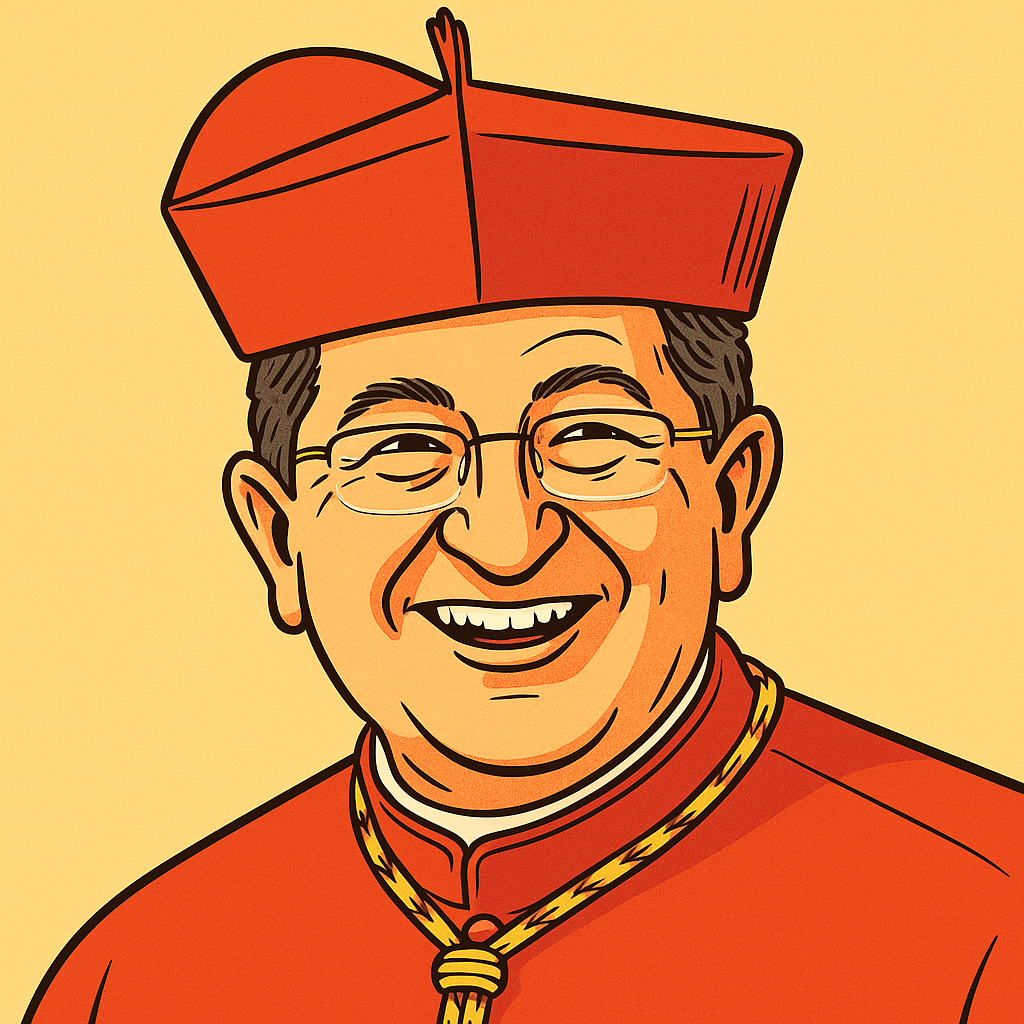
Italy
Italian cardinal, Archbishop of Florence, known for his conservative doctrinal positions and intellectual work, while remaining engaged in pastoral dialogue.

Italy
Italian cardinal, Grand Master of the Order of the Holy Sepulchre, former prefect of the Congregation for the Evangelization of Peoples, known for his missionary and diplomatic experience.

United States
American cardinal, known for his conservative positions on doctrine and liturgy, while seeking unity in a divided ecclesial context.
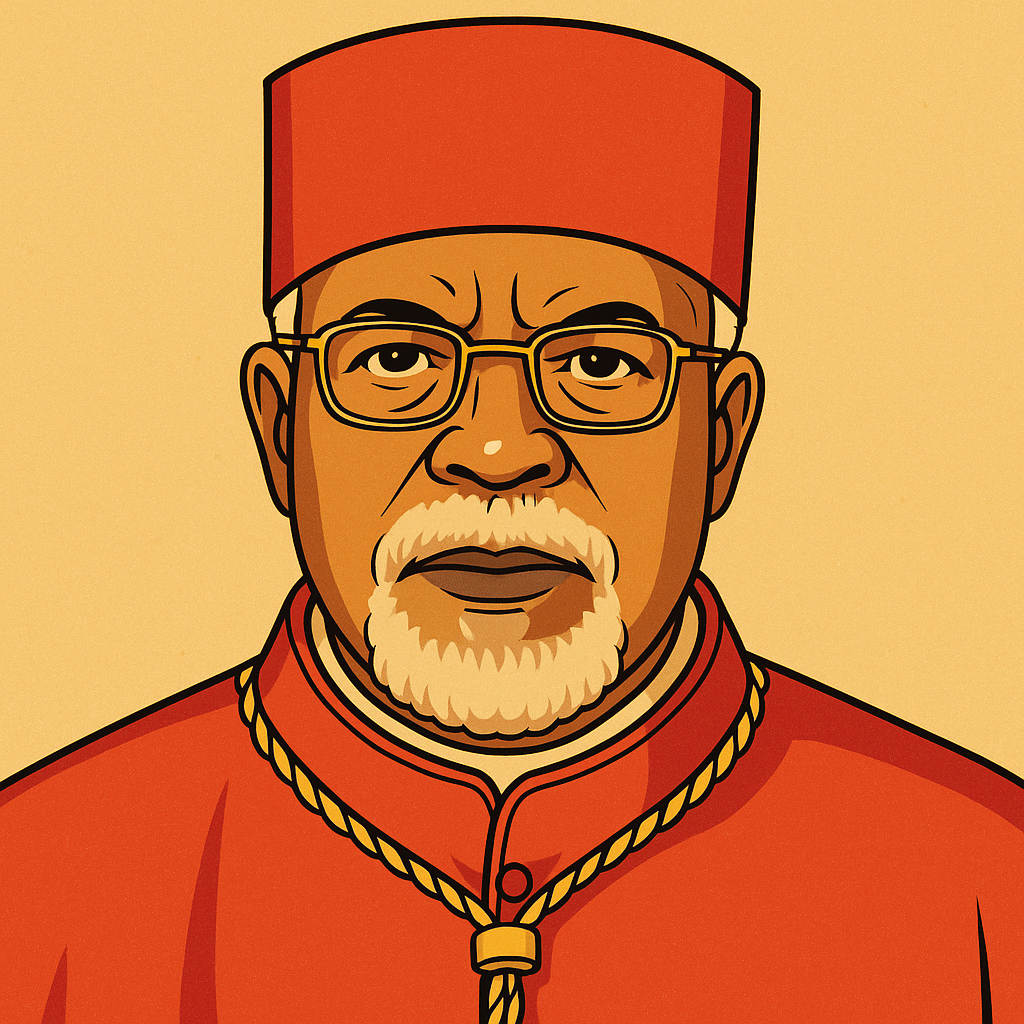
Ethiopia
Ethiopian cardinal of Eastern rite, known for his defense of traditional Church values and his pastoral work in a context of religious tensions.